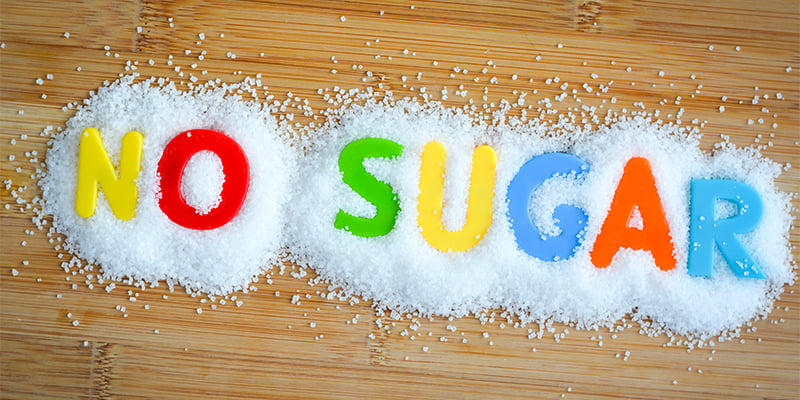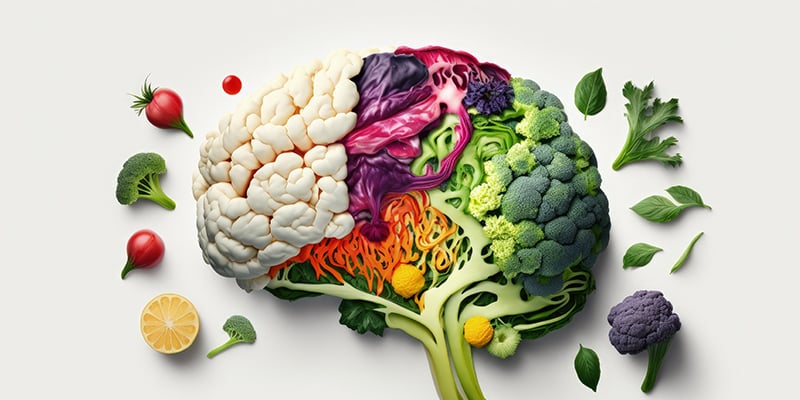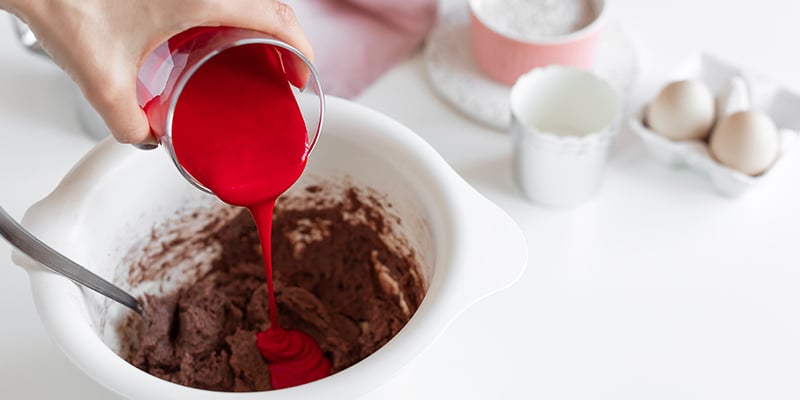
Among the many dangers inherent in the Standard American Diet (SAD), is the prevalence of sugary mega-drinks. Often referred to as “liquid candy,” these high-calorie beverages are readily available at convenience stores and as part of super-sized value meals at fast food restaurants. It’s not uncommon for people to chug soft drinks or energy drinks throughout the day as well as at every meal…including breakfast!
In a society that prizes freedom of choice above all else, a fierce battle has been waged over the regulation of soft drink sizes. The American Beverage Institute, which sued New York City to block the super-sized soda ban, issued a celebratory statement captioned, “Choice Lives!” An ironic slogan when considering that, for many people, guzzling ever-larger sugary drinks is no longer “a choice.” The unfortunate truth is that more and more Americans are becoming addicted to sugar, even as it destroys their health and eats away their brainpower.
What’s fueling this insatiable thirst? Our eating habits are governed by some of the most primitive parts of our brains, neurochemical reward systems that drive us to seek out foods that gave our ancient ancestors the energy to survive. Sugar and fat topped that list for obvious reasons; high in calories, they were traditionally found in foods that were packed with essential nutrients such as fruits, vegetables, and animal products.
Over the centuries, as our civilization and food culture has changed, that same internal reward system has triggered us to crave foods with even more sugar and fat but with less and less nutritional value. Sadly, in our on-the-go society of fast food and processed meals, 60% of our calories come from things hunter-gatherers from the past wouldn’t even recognize as food. In today’s world, we eat way too much sugar, far more than our bodies can properly metabolize. By way of comparison, our ancestors ate only about 22 teaspoons of sugar a year, while today’s Americans consume an average of 52 teaspoons of added sugar per day.
There is mounting evidence that sugar is toxic…even lethal. Excessive sugar intake, which is linked to diabetes, heart disease, and cancer, is responsible for 35 million deaths a year globally.
If you’ve been struggling to kick the sugar habit, here are three tips to retrain your taste buds:
Don’t Drink Your Calories
Soft drinks are filled with chemicals and high fructose corn syrup, and fruit juices and energy drinks are loaded with sugar. Diet sodas, marketed specifically to take advantage of people who are concerned about their caloric intake, are actually worse for you than their regular counterparts. In fact, those who drink diet soda double their risk of developing a metabolic syndrome (related to diabetes and cardiovascular disease). Healthy substitutes to sugary drinks are green tea and water.
Beware of Artificial Sweeteners
One of the best ways to decrease your cravings is to completely remove artificial sweeteners from your diet. It’s easy to think of these sweeteners as being healthy because they’re calorie-free. However, since they are up to 600 times sweeter than sugar, artificial sweeteners may activate the appetite centers of the brain making you crave even more sugar. As an alternative, try stevia, a natural plant extract that comes in a variety of delicious flavors.
Replace Liquid Candy with Nature’s Candy
Low blood sugar levels are associated with overall lower brain activity, which means more cravings and more bad decisions, like reaching for a sugary snack or soda. The best way to regulate your blood sugar is to eat a healthy snack every 3-4 hours. Natural snacks, like whole fruits, seeds, and nuts, are portable and are ideal for fending off hunger between meals.
Managing your sweet tooth with willpower alone is nearly impossible. With brain SPECT imaging we can help curb your cravings with a natural, targeted treatment plan customized to your specific situation. We can improve the quality of your life with a brain-healthy diet. Call us today at 888-288-9834 or visit us online to schedule a visit.





Thank you for all you do for so many, Dr. Amen~ I struggle with “sugar” as far as the yukky (but delicious) carbs that convert to sugar. So, I am eating more strawberries, oranges, apples and grapefruit. I love nuts, all kinds, just need to not go overboard.
Comment by Kitty Castillo — July 28, 2017 @ 5:48 PM
Thank you
Comment by Samantha Jane Herrero — July 31, 2017 @ 3:15 PM
Sugar is white slow poison.
Comment by Jagdish — August 5, 2017 @ 11:59 PM
Thank you for the tips…would like to have seen more related to food. I ditched these discussed last year, but can’t seem to cut sweets craving at night.
Comment by Carey — August 7, 2017 @ 3:58 AM
I heard that the reason people get diabetes from sugar is that the fat in the animal products most people eat block off the veins so the sugar stays in the blood instead of being absorbed and used up as energy. No matter if the sugar comes from fruit, no? So best stay away from dairy, eggs, meat and sugar to keep healthy, right?
Comment by Mia Bira — August 17, 2017 @ 1:12 AM
That is not true. Sugar raises your triglycerides and this is bad for your heart. It has nothing to do with eating animal products.
Comment by Jared Eschler — September 22, 2017 @ 7:58 AM
Hi Jared,
I Can’t see how what you’re saying prevents what I’m saying from being true.
Comment by Mia Bira — September 24, 2017 @ 9:36 AM
Wrong. We have demonized fat for the past few decades. Eliminated far and replaced it with carbs, as a result increased obesity and diabetes. Humans have been eating animal far for hundreds of years and there was no diabetes about 150-200 years ago. You need to read up more.
Comment by Yevush — March 12, 2018 @ 6:06 PM
wonderful idea!
Comment by Doug Morris — September 13, 2023 @ 5:10 PM